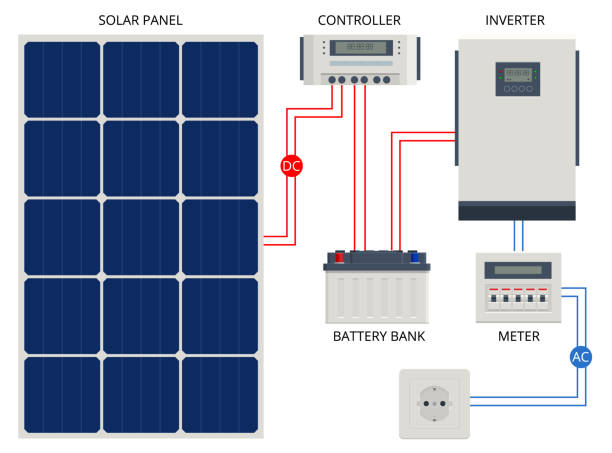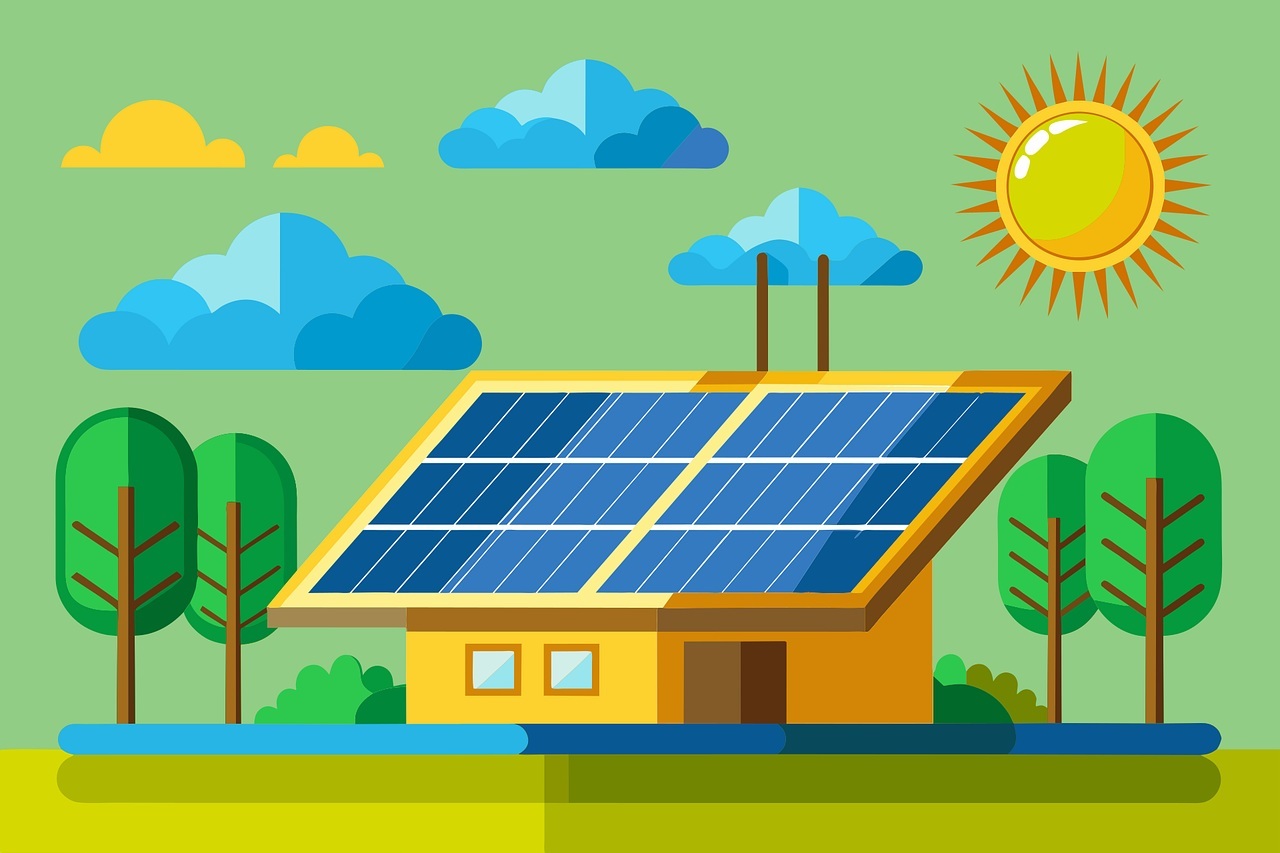Are you wondering how a solar generator work and whether it’s the right power solution for your needs? In this comprehensive guide, we’ll break down everything you need to know about solar generators, from their basic components to practical applications and benefits.
What Is a Solar Generator and How Does It Work?
A solar generator is a portable power station that converts sunlight into usable electrical energy. Unlike traditional generators that rely on fossil fuels, a solar power generator harnesses clean energy from the sun, making it an environmentally friendly power source for various applications.
How Does A Solar Generator Work – The Core Components
To understand how a solar generator work, let’s examine its four essential components:
- Solar Panels: These photovoltaic panels capture sunlight and convert it into direct current (DC) electricity through the photoelectric effect. Portable solar panels can be positioned to maximize sun exposure and are often foldable for easy transport.
- Charge Controller: This crucial component regulates the power flow between the solar panel and the battery, preventing overcharging and ensuring optimal battery life.
- Battery Storage: The generated solar energy is stored in batteries (typically lithium-ion) for later use. This storage capability ensures you have power even when the sun isn’t shining.
- Inverter: The inverter converts stored DC power into AC power, which is what most household appliances use.

The Step-by-Step Process of How Solar Generators Work
- Solar Energy Capture: When sunlight hits the solar panel, it excites electrons in the photovoltaic cells, generating DC electricity.
- Power Regulation: The charge controller manages the incoming power, protecting the battery from damage.
- Energy Storage: Excess power is stored in the battery for later use.
- Power Conversion: When you need power, the inverter converts the stored DC electricity into usable AC power.
Why Choose a Solar Generator?
Clean Energy Benefits
Unlike traditional generators that run on gas or diesel, a solar generator provides:
- Zero emissions
- Silent operation
- No fuel costs
- Minimal maintenance requirements
- Renewable energy source
Versatility and Portability
A portable solar generator offers numerous advantages:
- Easy to transport
- No fuel storage needed
- Safe for indoor use
- Multiple charging options
- Scalable power capacity
Common Applications for Solar Generators
Emergency Backup Power
During a power outage, a solar generator can power essential devices:
- Refrigerators
- Medical equipment
- Communication devices
- Lighting
- Basic appliances
Outdoor Activities
Perfect for:
- Camping trips
- RV adventures
- Outdoor events
- Off-grid living
- Construction sites
Home Backup Solutions
As a backup generator, solar power stations can:
- Provide emergency power
- Reduce electricity bills
- Offer energy independence
- Serve as a reliable power supply
Read also: Best solar generators for home backup
Types of Solar Generators
Portable Power Stations
These compact units are perfect for:
- Camping
- Emergency preparedness
- Small appliances
- Mobile device charging
Large Capacity Systems
Designed for:
- Home backup power
- Off-grid living
- Workshop power
- Extended power needs
Choosing the Best Solar Generator
Key Factors to Consider
When selecting the best solar generator for your needs, evaluate:
- Power output capacity
- Battery storage capacity
- Charging time
- Number of outlets
- Portability requirements
- Type of solar panels included
Size and Power Requirements
Calculate your power needs by:
- Listing all devices you plan to power
- Determining their wattage requirements
- Estimating daily usage time
- Adding a 20% buffer for efficiency losses
Maximizing Solar Generator Performance
Optimal Placement
To get the most from your portable solar panels:
- Position panels in direct sunlight
- Adjust angle based on sun position
- Avoid shade and obstacles
- Clean panels regularly
Maintenance Tips
Keep your solar generator working efficiently:
- Regular cleaning of solar panels
- Battery maintenance
- Connection checks
- Proper storage when not in use
Environmental Impact
Sustainable Power Generation
Using a solar generator contributes to:
- Reduced carbon footprint
- Less reliance on fossil fuels
- Clean energy adoption
- Environmental preservation
Cost Savings
Over time, solar generators can provide:
- Lower operating costs
- No fuel expenses
- Minimal maintenance costs
- Long-term energy savings
Comparing Solar Generators to Traditional Options
Solar vs. Gas Generators
Solar power generators offer several advantages over traditional gas generators:
- No fuel costs
- Silent operation
- Clean energy production
- Indoor-safe operation
- Lower maintenance needs
Future of Solar Generator Technology
Emerging Trends
The solar generator market continues to evolve with:
- Improved battery technology
- Higher efficiency solar panels
- Enhanced portability
- Smart features integration
- Increased power capacity
Conclusion: Is a Solar Generator Right for You?
Understanding how a solar generator work is crucial for making an informed decision about your power needs. Whether you’re looking for a reliable backup power source, a portable power station for outdoor adventures, or a clean energy solution for your home, solar generators offer a versatile and sustainable option.
With zero emissions, silent operation, and no ongoing fuel costs, solar generators represent the future of portable power generation. As technology continues to advance and prices become more competitive, these clean energy solutions are becoming an increasingly attractive alternative to traditional generators.
Consider your power requirements, usage patterns, and budget to determine if a solar generator is the right choice for your specific needs. With proper sizing and maintenance, a solar generator can provide years of reliable, clean energy whenever and wherever you need it.
Check out best solar generators for home backup.
Love to read, explore and write about Science, Mathematics and Technology.
The name “Newton” coming from how I love Science.
